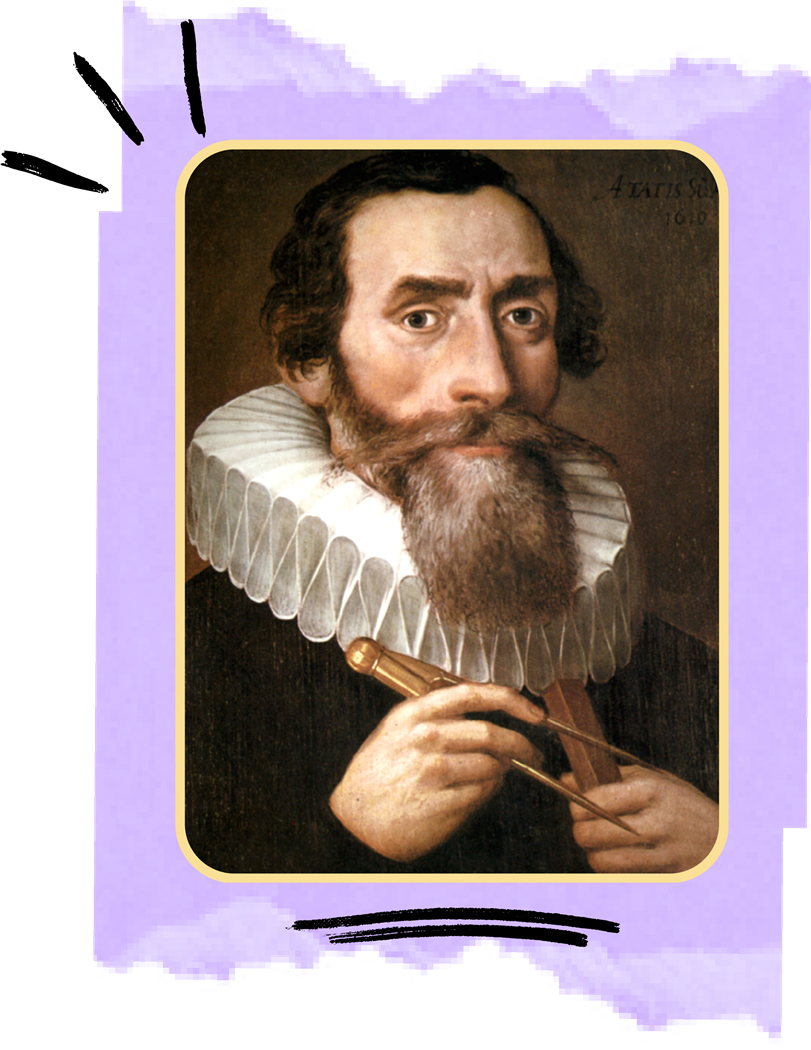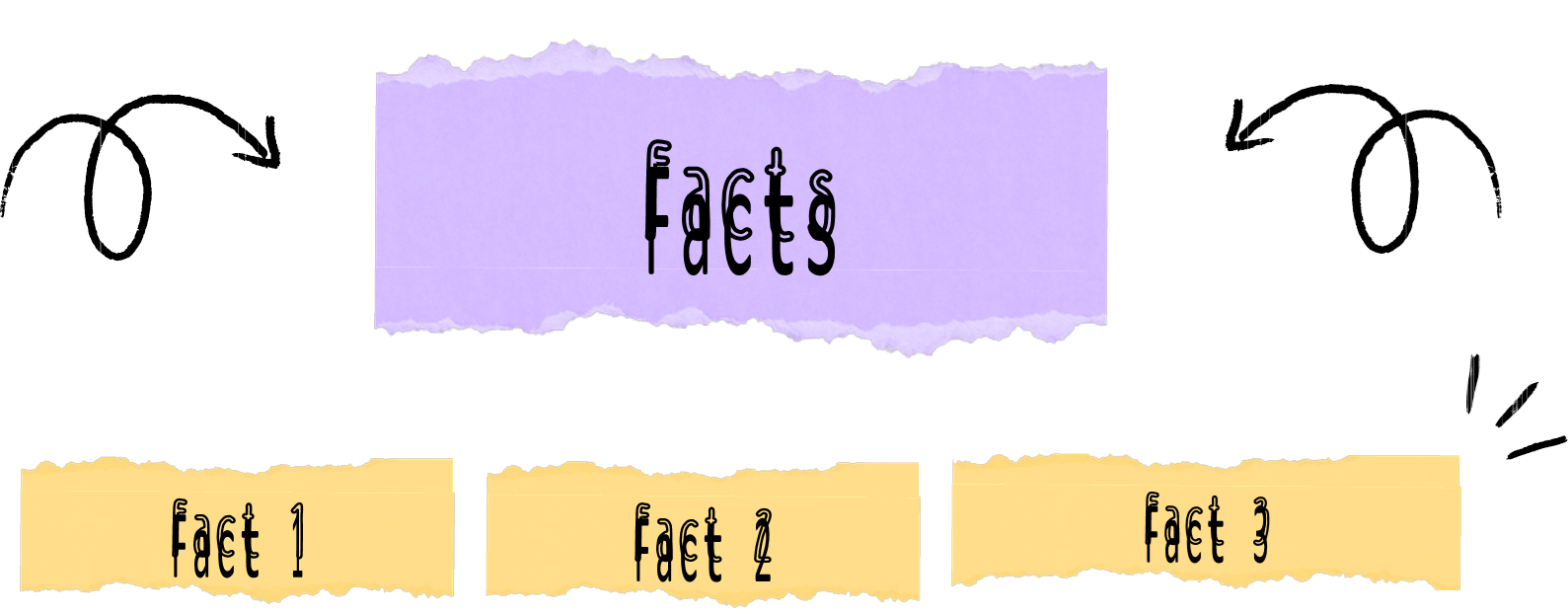Презентація про відомого математика Йогана Кеплера.(Англійською мовою)


 Biography
Biography 

Johannes Kepler (was born 27 December 1571 in the Free Imperial Cityof Weil der
Stadt) - was a German astronomer, mathematician, astrologer, natural
philosopher and writer on music. He is a key figure in the 17th-century Scientific
Revolution, best known for his laws of planetary motion, and his books
Astronomia nova, Harmonice Mundi, and
 Epitome Astronomiae Copernicanae, influencing among others Isaac Newton, providing one of the foundations for his
Epitome Astronomiae Copernicanae, influencing among others Isaac Newton, providing one of the foundations for his
 theory of universal gravitation.The variety and impact of his work made Kepler one of the founders and fathers of modern
theory of universal gravitation.The variety and impact of his work made Kepler one of the founders and fathers of modern
astronomy, the scientific method, natural and modern science. He has been
described as the "father of science fiction" for his novel Somnium.
Kepler was a mathematics teacher at a seminary school in Graz, where he became an associate of Prince Hans Ulrich von
Eggenberg. Later he became an assistant to the astronomer Tycho Brahe in Prague, and eventually the imperial mathematician to Emperor Rudolf II and his two successors Matthias and Ferdinand II.
He also taught mathematics in Linz, and was an adviser to General
Wallenstein. Additionally, he did fundamental work in the field of optics, being named the father of modern optics, in particular for his
 Astronomiae pars optica. He also invented an improved version of the refracting telescope, the Keplerian telescope, which became the foundation of the modern refracting telescope, while also improving on the telescope design by Galileo Galilei, who mentioned Kepler's discoveries in his work.
Astronomiae pars optica. He also invented an improved version of the refracting telescope, the Keplerian telescope, which became the foundation of the modern refracting telescope, while also improving on the telescope design by Galileo Galilei, who mentioned Kepler's discoveries in his work.

 Mathematical career
Mathematical career

As a New Year's gift he made for his friend and some-time patron, Baron Wackher von
Wackhenfels, a short pamphlet entitled Strena Seu de Nive Sexangula (A New Year's Gift of Hexagonal Snow). In this treatise, he published the first description of the hexagonal
symmetry of snowflakes and, extending the discussion into a hypothetical atomistic physical basis for the symmetry, posed what later became known as the Kepler
conjecture, a statement about the most efficient arrangement for packing spheres.
Kepler wrote the influential mathematical treatise Nova stereometria doliorum vinariorum in 1613, on measuring the volume of containers such as wine barrels, which was published in 1615. Kepler also contributed to the development of infinitesimal
 methods and numerical analysis, including iterative approximations, infinitesimals, and the early use of logarithms and transcendental equations. Kepler's work on calculating volumes of shapes, and on finding the optimal shape of a wine barrel, were significant steps toward the development of calculus. Simpson's rule, an approximation method used in integral calculus, is known in German as Keplersche Fassregel (Kepler's barrel rule).
methods and numerical analysis, including iterative approximations, infinitesimals, and the early use of logarithms and transcendental equations. Kepler's work on calculating volumes of shapes, and on finding the optimal shape of a wine barrel, were significant steps toward the development of calculus. Simpson's rule, an approximation method used in integral calculus, is known in German as Keplersche Fassregel (Kepler's barrel rule).

 Facts
Facts


Already at the age of 23 During his life, Kepler An asteroid, a crater on the
(1594), Kepler became a forged horoscopes to moon, a space truck and an
professor. earn money. orbital space observatory were

named after him, with the help of which a new planet similar to the
Earth was discovered and also named after Kepler.



про публікацію авторської розробки
Додати розробку
